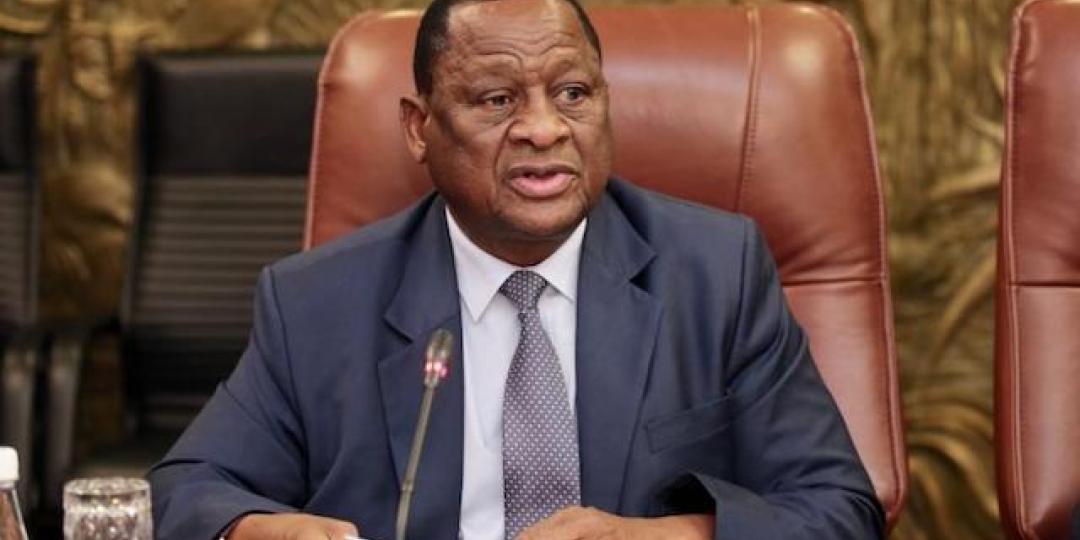Namibia is the latest country to officially adopt the use of the African Union and Africa Centres for Disease Control and Prevention’s Trusted Travel System for the verification of COVID-19 test results and vaccination certificates.
Namibian Minister of Health, Kalumbi Shangula, said at the launch yesterday that the Trusted Travel System offered an online digital platform for the verification and authentication of COVID-19 test results from a network of participating COVID-19 testing laboratories, port health authorities and transport industries.
“It is recognised that paper-based systems for the verification of COVID-19 results have proven to be cumbersome and slow,” he said. “The paper-based verification processes have proven to be ineffective in ascertaining and determining the legitimacy and authenticity of test result certificates, hence the need for a system that ensures robustness, speedy execution and improved analytics across the verification continuum.”
The Trusted Travel System enhances cross-border collaboration and confidence in COVID-19 results originating from participating jurisdictions.
“The platform further provides updated information on entry requirements and travel restrictions for participating states. With greater interoperability amongst systems, travellers are able to plan, embark upon and undertake their journeys in a hassle-free manner,” explained Shangula.
According to him, all gazetted points of entry in Namibia will have the system operational by November 15 and it will become mandatory to have all travellers’ PCR results entered on the system by December 1.
The African Union officially launched the Trusted Travel platform in October 2020 during a joint ministerial meeting of the ministers of health, transport, and information and communication of African Union Member States.
Developed by PanaBIOS Consortium and Econet Group as a public-private partnership with Africa CDC, Trusted Travel is a digital solution to support member states in verifying COVID-19 test certificates for travellers and to help harmonise entry and exit screening across the continent.






















